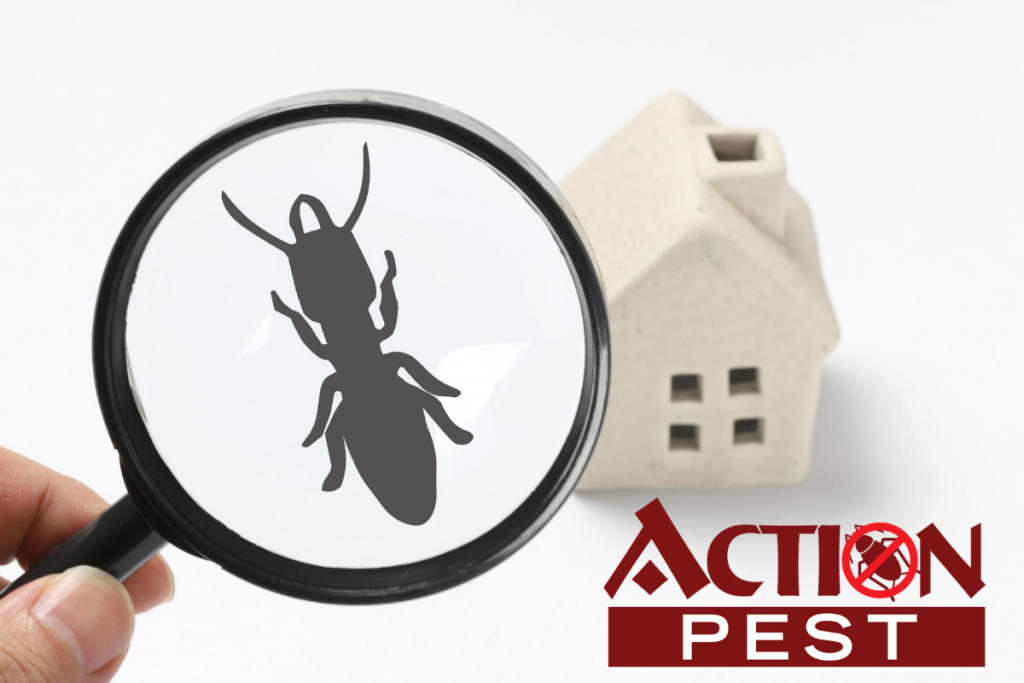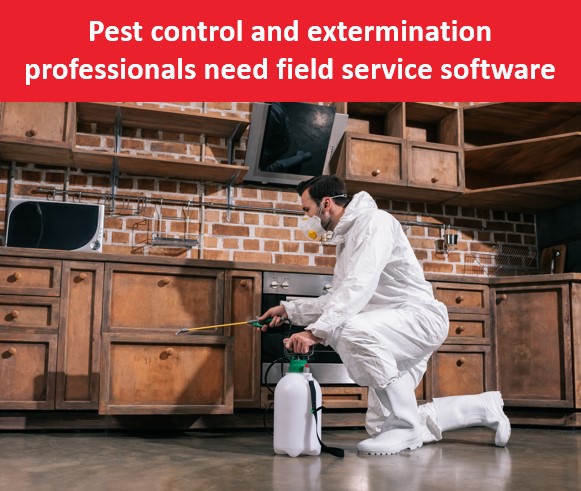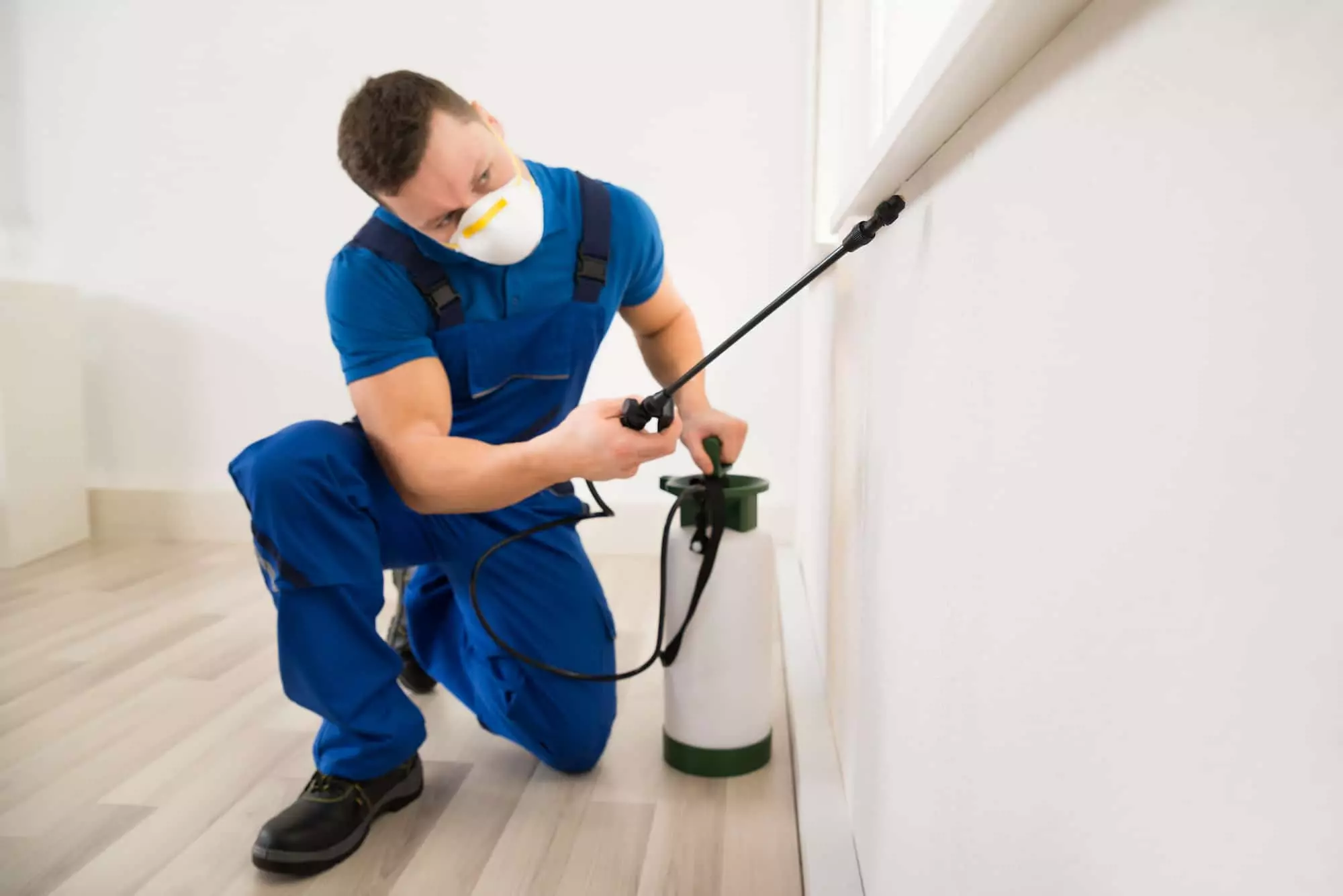Safe and Reputable Parasite Control for Lasting Protection
Reliable pest monitoring calls for a complex technique that balances eco-friendly integrity with the demand for effective bug suppression. The subtleties of these methods might not be promptly clear, motivating a more detailed examination of the practices that can lead to sustainable bug control results.
Recognizing Insect Control Approaches
Parasite control includes a range of techniques aimed at managing and getting rid of unwanted insects and rodents that can endanger both wellness and residential property. Comprehending these methods is crucial for reliable insect management.
The key categories of insect control approaches consist of mechanical, biological, and chemical techniques. Mechanical methods involve physical obstacles and catches to avoid pest access and capture unwanted varieties. For instance, using displays on home windows or utilizing sticky catches can considerably reduce insect populations without introducing hazardous compounds.

Chemical insect control is commonly the most recognized approach, making use of chemicals to get rid of bugs. These chemicals can be reliable however should be utilized with caution to prevent damaging effects on non-target varieties and the atmosphere.
Benefits of Eco-Friendly Solutions
Just how can environmentally friendly remedies change insect control methods? The adoption of green pest control approaches uses various benefits, significantly improving the efficiency and safety and security of pest administration.

An additional benefit is the favorable impact on neighborhood biodiversity. Eco-friendly services are developed to target certain parasites while protecting useful insects and wildlife, promoting a well balanced environment. This technique straightens with the expanding customer need for lasting techniques, boosting the credibility of parasite control service providers.
Integrated Pest Management Techniques
The implementation of green remedies naturally brings about the adoption of Integrated Parasite Administration (IPM) approaches, which even more improve insect control efficacy. IPM is an alternative strategy that integrates several techniques to take care of parasite populations while lessening environmental effect. This strategy emphasizes the usage of organic, cultural, mechanical, and chemical controls, ensuring a sustainable and balanced approach of pest management.
One essential facet of IPM is the extensive assessment of insect task and environmental conditions. By monitoring pest populaces and identifying their life cycles, specialists can apply targeted interventions that interfere with the insect's habitat or lifecycle, minimizing dependence on chemical pesticides. In addition, cultural techniques such as crop turning and environment control can significantly diminish insect establishment and recreation.
One more vital component is making use of biological control agents, such as beneficial bugs or bacteria, which can normally reduce pest populations. When chemical applications are required, IPM prioritizes using low-risk pesticides and applies them uniquely, minimizing exposure to non-target microorganisms and people.
Integrating IPM techniques not only improves insect control performance yet also advertises a more secure community, lining up with the growing need for sustainable practices in pest management.
Safe Practices for Home Owners
Comprehending the significance of safe methods in pest control can encourage house owners to successfully take care of parasite concerns while safeguarding their wellness and the environment. Carrying out non-toxic techniques and preventative steps is critical in reducing exposure to dangerous chemicals.
House owners ought to first examine their setting for problems that draw in insects, such as standing water, food, and clutter waste. Consistently cleaning and securing access points can hinder insects from invading the home. Using natural deterrents, such as important oils or diatomaceous planet, can provide efficient alternatives to chemical pesticides.
When chemical therapies are essential, house owners need to go with items that are particularly classified as safe for domestic usage. It is vital to comply with application guidelines thoroughly to avoid overexposure. Making use of targeted treatments in locations where bugs are determined, instead than blanket splashing, can significantly decrease chemical use.
Lastly, keeping open communication with bug control professionals is crucial. Homeowners must ask about the security of products utilized and demand environment-friendly choices whenever possible. By taking on these safe practices, house owners can produce a healthier living atmosphere while effectively managing insect problems.

Tips for Long-Term Protection
Developing a pest monitoring strategy that highlights long-term defense can greatly boost the effectiveness of the risk-free methods previously talked about. To accomplish this, property owners need to carry out regular inspections of their building, concentrating on concealed locations such find as attic rooms, cellars, and rat exterminator crawl areas. Early detection of bug activity is essential in avoiding problems from taking hold.
These practices decrease attractants that draw pests right into the home. Sealing entry factors, such as cracks around windows and doors, can successfully obstruct possible insect gain access to.
Landscaping needs to also be thought about; keeping plants cut and maintaining a range between plants and the home decreases concealing places for pests. Using natural deterrents, such as essential oils or diatomaceous earth, can even more dissuade infestations without turning to extreme chemicals.
Lastly, working together with a professional parasite control solution for routine evaluations can give an extra layer of protection. These experts can supply customized recommendations and progressed treatments, making certain that your home remains safeguarded against insects in the lengthy term.
Verdict
To conclude, dependable and safe pest control calls for a multifaceted method that stresses eco-friendly methods and integrated bug monitoring. By implementing natural deterrents, carrying out normal inspections, and maintaining proper great post to read hygiene, home owners can significantly decrease bug populations while protecting beneficial bugs and the atmosphere. Collaboration with specialist insect control services enhances the efficiency of these strategies, making sure customized remedies that give lasting protection and peace of mind versus future invasions.
Efficient bug management needs a diverse strategy that balances environmental integrity with the need for effective bug suppression. The adoption of green parasite control approaches offers numerous benefits, dramatically boosting the effectiveness and safety of insect management.The implementation of eco-friendly remedies naturally leads to the fostering of Integrated Bug Monitoring (IPM) techniques, which additionally enhance pest control efficacy. exterminator coquitlam. By keeping an eye on insect populations and identifying their life cycles, professionals can execute targeted interventions that interfere with the bug's habitat or lifecycle, decreasing reliance on chemical pesticides.In final thought, trustworthy and safe bug control calls for a diverse approach that emphasizes environment-friendly approaches and integrated parasite management